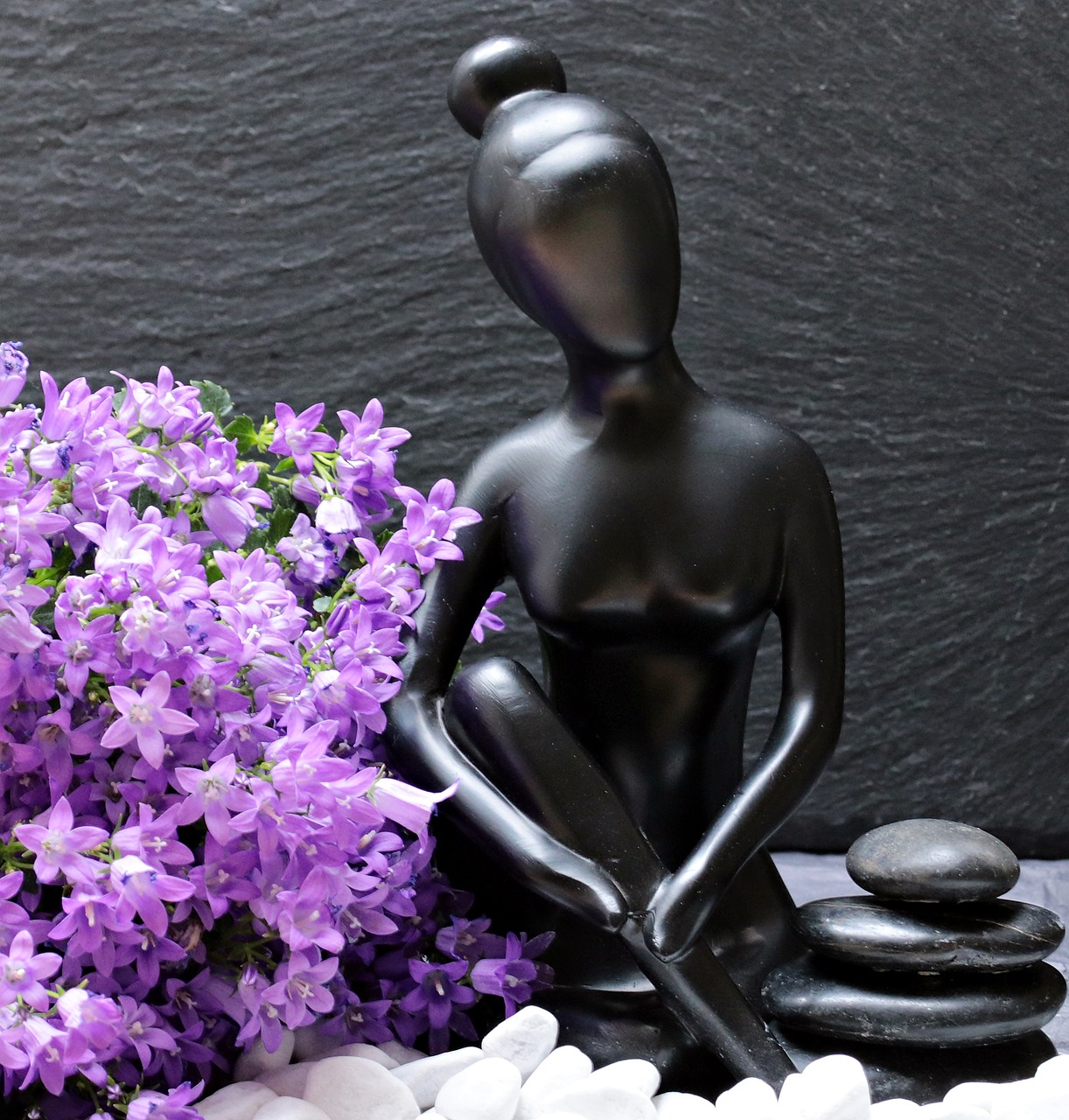She stands at the edge of the sea, her messy sun-gold braids hanging down her back, her tanned face and hands sticky with watermelon juice.
 “Rinse off,” her grandmother urges from beneath her enormous straw sunhat, the one that offsets the prominence of the equally large bosom sheathed in a practically bulletproof bathing suit.
“Rinse off,” her grandmother urges from beneath her enormous straw sunhat, the one that offsets the prominence of the equally large bosom sheathed in a practically bulletproof bathing suit.
(She remembers once on a family trip that it ended up on the floor, and she fell on it and hurt herself. But she’d been little then – two or three – and maybe the memory isn’t really hers. Maybe she’s just heard the story so many times that she’s absorbed it into her psyche, the same way she’s absorbed the foghorns that wake her and put her to sleep every night.)
Bending over, a little, a lot, a lot more, her tiny hands can’t quite meet the water. She takes another step forward, and then another. She’s not afraid of the gentle, rolling waves. This water has been her second mother almost since the day of her birth.
Here, in this water, she learned to swim before she could even walk.
A few more steps and she’s waist-deep, and now her grandmother’s encouraging tone has become one of caution: “Not too far! Stay where I can see you!”
But when the next wave comes, she ducks under it, even though the knows that the older woman on the beach will clutch at her chest in melodramatic worry.
She surfaces, laughing. The melon juice is gone, she is no longer sticky from sugar, and her braids are soaked through. She’ll be itchy from the salt when they finally dry, but it’s worth it. It’s always worth it, the freedom she feels in the sea.
* * *
“Just put your feet in,” she coaxes the man who has come to drive her to the flatlands in the middle of the country. The flyover states, they call them. Except now they’ll be the land-in states. She wonders if the wind on the prairie can ever come close to the soothing sound of her beloved waves.
“No.”
“Come on,” she urges. “Seriously, it’s not that cold. At least take your shoes off. You will not actually melt into goo if your bare feet touch the sand.
But he refuses. And she wonders if maybe she’s making a mistake in choosing someone who doesn’t love the beach the way she does. Still, she splashes in the choppy surf, dodging sharp white-crested waves and body surfing the gentler blue ones until she’s tired and sated.
Swimming in the sea, she thinks, is the only thing that even comes close to being as good as sex with the man she loves.
Two weeks later, in their new townhouse, where there are no foghorns, but she can hear the mournful sound of a train whistle at night and in the morning, he locks himself into the downstairs half-bath and makes her promise not to open the door until he says it’s okay.
She assumes he’s settling in for a reading session – doesn’t everyone read in the bathroom? But she’s never been more delighted to be wrong, because he opens the door a couple of hours later, and she sees that he’s hung a string across the room. A string to which he’s clipped a collection of black and white photos of her last day at the beach.
She hadn’t even realized he’d had the camera out.
She smiles and kisses him, and they end up making love on the living room couch because it’s just too much effort to climb the stairs to their bedroom.
They finish the evening with a shower for him, and a bath for her, and then they share a carton of Ben and Jerry’s Cherries Garcia ice cream while watching a science fiction movie in bed.
* * *
They are back on the coast after three years on the prairie, and he learns to navigate cloverleaves and to say highway and freeway instead of interstate. The beach is half an hour away, and they don’t go as often as she might want, but it’s enough, most of the time, to know they can.
Still, they do go.
They drive to the beach in the funky town that was used in that movie about the vampires where they ride the wooden roller coaster and walk on the sand (he still insists on wearing shoes) and drive out to the end of the municipal pier and have clam chowder and beer and feed bits of sourdough to the seagulls that buzz the windows.
They buy calamari and feed it to the pelicans, the bold-as-brass birds that have no fear of humans and are nearly as tall as she is. He snaps a picture, one grey day, of her with her golden braids streaming behind her as she’s nose to beak with one of the birds, and there’s a kinship in the way the two are standing: human and avian. Woman and Bird.
The photo is accepted by an ezine that specializes in digital photographs, and people print it for greeting cards, and wonder who the woman is.
They will always wonder.
* * *
They never make love at the beach, though they’ve come close more than once. Their favorite spot is further up the coast, and to get there you must park across the road, dash across the highway, cross a field of artichokes, and climb down a flight of rickety stairs  that are just enough too tall that he must help her.
that are just enough too tall that he must help her.
She secretly likes having him help her. Or rather, she likes that he cares enough for her that she never has to ask for his help.
They spread a blanket on the warm sand and in between her trips into the surf, they read novels aloud to each other, a page at a time.
It’s at that beach that she nearly drowns.
A rare combination of undertow and rip-tide. A moment when she has her back to the waves because he’s got the camera out and pointed at her, and just this once, she wants to be an active participant in his art.
The wave knocks her over and drags her backwards before she can surface. She is rolling in white-water and cannot track the bubbles to find which way is up. She does the one thing she has never done at the beach: she panics.
And then there are sure hands clutching at hers, strong arms pulling her back toward shore. Blindly, she lets him guide her back to the blanket, wrap her in towels, whisper soothing words into her ears.
“I’m sorry,” she says when she can breathe – when she can speak. “I was stupid.”
“Not stupid,” he says, “just not paying attention.” He smooths her wet hair away from her tan face. “You lost a braid.” The observation comes in a soft and tender voice.
They hold each other, touching forehead to forehead, until she laughs, “I finally got you into the water.”
He registers his wet sneakers and soaked khakis, and he chuckles ruefully before he swallows her laughter with his kiss.
* * *
The next time they go to the beach, he takes off his shoes and socks, rolls up his pant-legs, and lets the water tease his toes while he snaps photo after photo. She, of course, has her hair in braids.
About the author: Melissa A. Bartell
 Melissa is a writer, voice actor, podcaster, itinerant musician, voracious reader, and collector of hats and rescue dogs. She is the author of The Bathtub Mermaid: Tales from the Holiday Tub. You can learn more about her on her blog, listen to her podcast, or connect with her on on Facebook, Instagram, or Twitter.
Melissa is a writer, voice actor, podcaster, itinerant musician, voracious reader, and collector of hats and rescue dogs. She is the author of The Bathtub Mermaid: Tales from the Holiday Tub. You can learn more about her on her blog, listen to her podcast, or connect with her on on Facebook, Instagram, or Twitter.

 Patricia Wellingham-Jones is a widely published former psychology researcher and writer/editor. She has a special interest in healing writing, with poems recently in The Widow’s Handbook (Kent State University Press). Chapbooks include Don’t Turn Away: poems about breast cancer, End-Cycle: poems about caregiving, Apple Blossoms at Eye Level, Voices on the Land and Hormone Stew.
Patricia Wellingham-Jones is a widely published former psychology researcher and writer/editor. She has a special interest in healing writing, with poems recently in The Widow’s Handbook (Kent State University Press). Chapbooks include Don’t Turn Away: poems about breast cancer, End-Cycle: poems about caregiving, Apple Blossoms at Eye Level, Voices on the Land and Hormone Stew.

 The occasion was a final walkthrough of the building where I went to high school, a Catholic school for girls that recently announced it would be closing due to lack of enrollment after 75 years in the community. And though I didn’t love high school like I loved elementary school and junior high school, had not in fact ever been back inside my alma mater for anything since the day I graduated in 1974 (even though I live only a couple of miles away), I decided to pay my respects on this final day when the school was open to alumni one last time.
The occasion was a final walkthrough of the building where I went to high school, a Catholic school for girls that recently announced it would be closing due to lack of enrollment after 75 years in the community. And though I didn’t love high school like I loved elementary school and junior high school, had not in fact ever been back inside my alma mater for anything since the day I graduated in 1974 (even though I live only a couple of miles away), I decided to pay my respects on this final day when the school was open to alumni one last time. The room itself looked remarkably the same, rows of chairs lining the built-in risers, a bank of windows along the wall showing the long driveway leading up to the front of the building, the upright piano in the same place on the right of the podium. There were a few other women looking around the room, ranging in age from their early 20’s to over 70. I heard one phrase repeated over and over again.
The room itself looked remarkably the same, rows of chairs lining the built-in risers, a bank of windows along the wall showing the long driveway leading up to the front of the building, the upright piano in the same place on the right of the podium. There were a few other women looking around the room, ranging in age from their early 20’s to over 70. I heard one phrase repeated over and over again. because her parents were getting divorced. I rehearsed for hours with singers and instrumentalists, working our way through everything from the Messiah to Rodgers and Hammerstein.
because her parents were getting divorced. I rehearsed for hours with singers and instrumentalists, working our way through everything from the Messiah to Rodgers and Hammerstein. Becca Rowan lives in Northville, Michigan with her husband. She is the author of
Becca Rowan lives in Northville, Michigan with her husband. She is the author of 



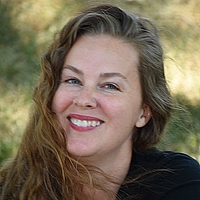 Keva Bartnick is an artist, writer, and lightworker. Happily married mother of three; she’s been inspiring people to be their most courageous selves since 2015.
Keva Bartnick is an artist, writer, and lightworker. Happily married mother of three; she’s been inspiring people to be their most courageous selves since 2015.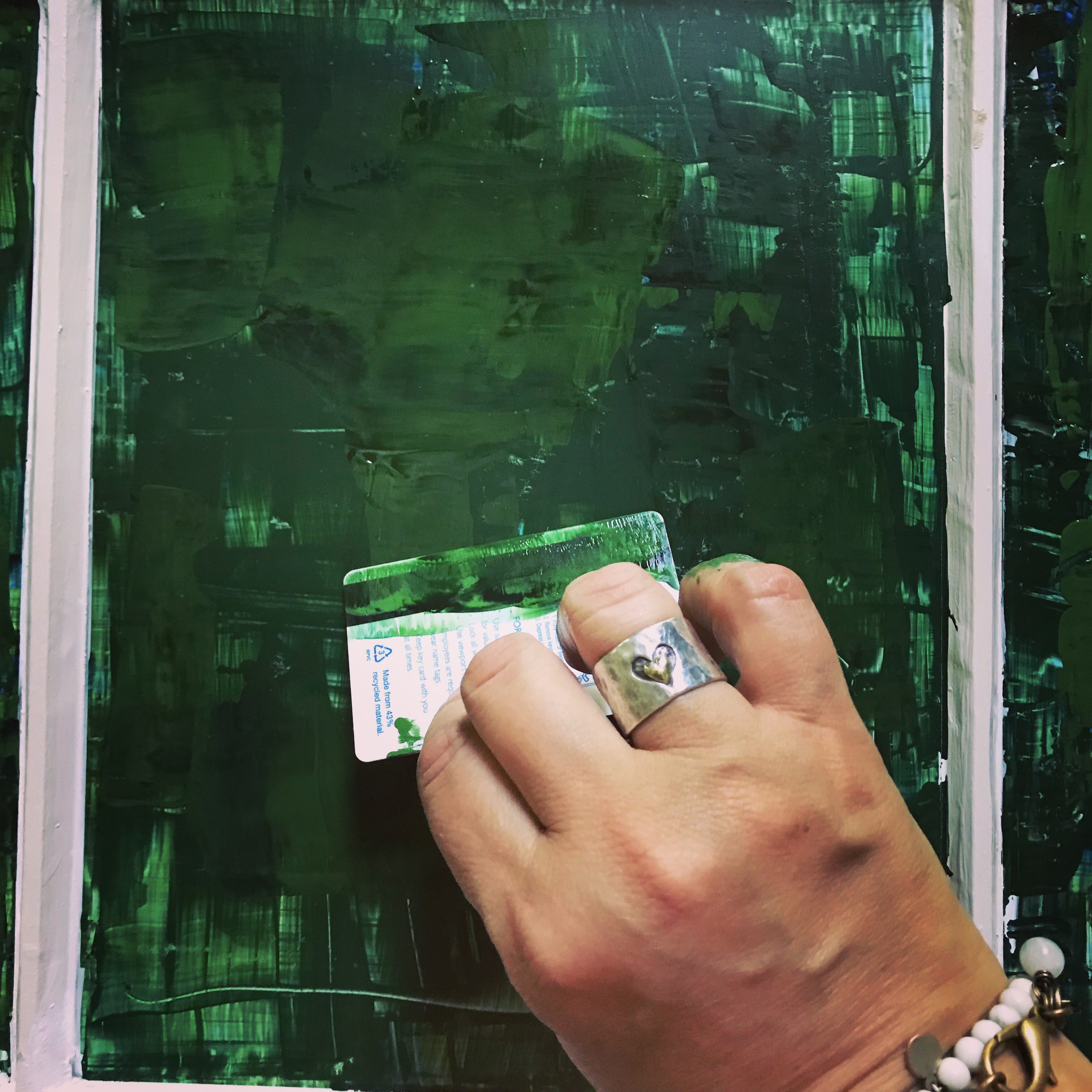
 describing the journeys we take with most matters of the heart. “Riding the waves” is a saying that aptly describes the ways in which I am required to navigate the ebb and flow as I work to cultivate and sustain a creative life.
describing the journeys we take with most matters of the heart. “Riding the waves” is a saying that aptly describes the ways in which I am required to navigate the ebb and flow as I work to cultivate and sustain a creative life.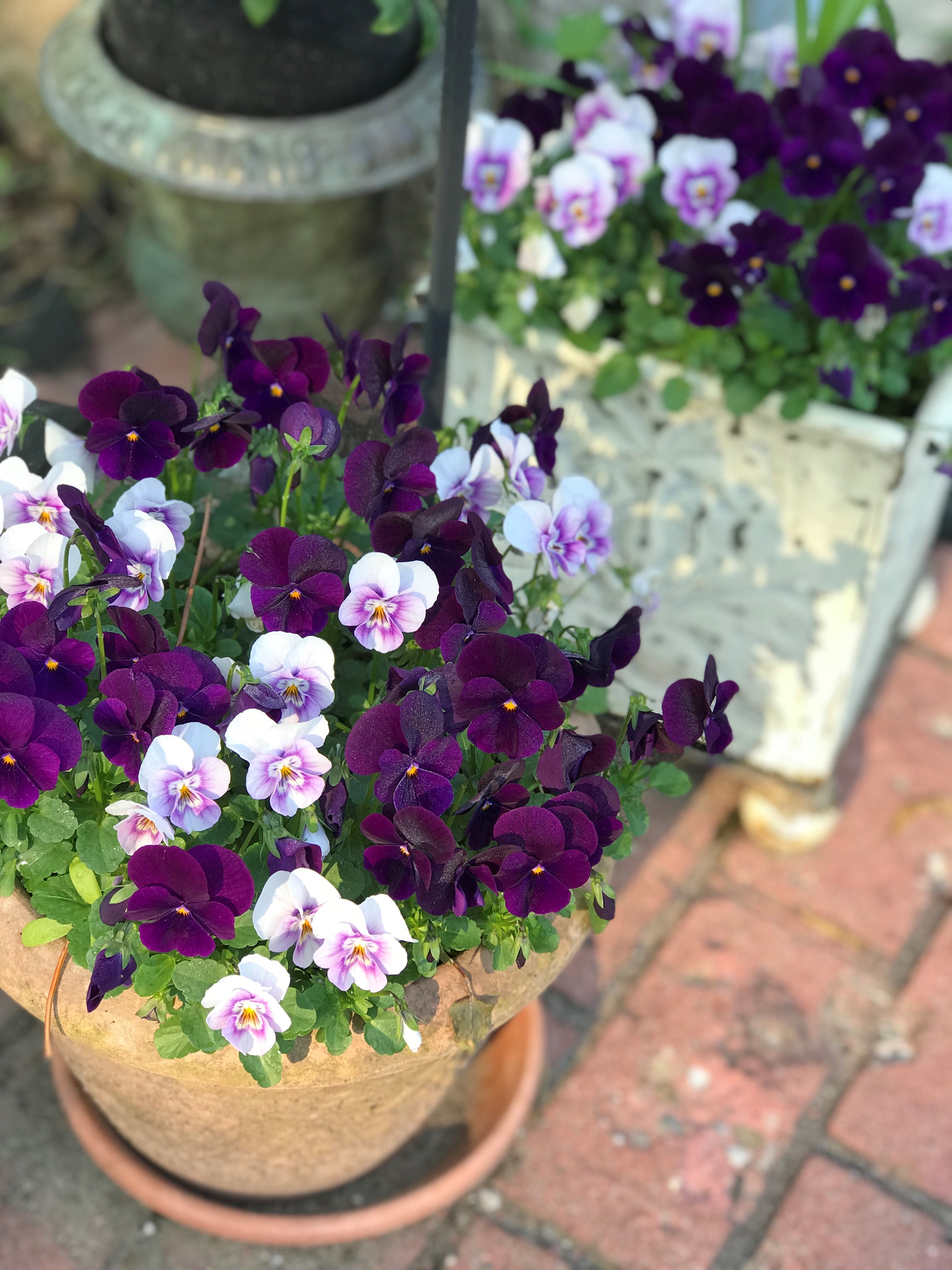
 Anna Oginsky is the founder of Heart Connected, LLC, a small Michigan-based workshop and retreat business that creates opportunities for guests to tune in to their hearts and connect with the truth, wisdom, and power held there. Her work is inspired by connections made between spirituality, creativity, and community. Anna’s first book, My New Friend, Grief, came as a result of years of learning to tune in to her own heart after the sudden loss of her father. In addition to writing, Anna uses healing tools like yoga, meditation, and making art in her offerings and in her own personal practice. She lives in Brighton, Michigan with her husband, their three children, and Johnny, the big yellow dog. Connect with her on her
Anna Oginsky is the founder of Heart Connected, LLC, a small Michigan-based workshop and retreat business that creates opportunities for guests to tune in to their hearts and connect with the truth, wisdom, and power held there. Her work is inspired by connections made between spirituality, creativity, and community. Anna’s first book, My New Friend, Grief, came as a result of years of learning to tune in to her own heart after the sudden loss of her father. In addition to writing, Anna uses healing tools like yoga, meditation, and making art in her offerings and in her own personal practice. She lives in Brighton, Michigan with her husband, their three children, and Johnny, the big yellow dog. Connect with her on her 


 Molly Totoro is a Connecticut Yankee currently residing in the Midwest with her husband and trusty basset. While Molly retired from full-time teaching in 2014 to pursue her writing dreams, she continues to work with students to achieve their writing potential. Molly recently published her first book,
Molly Totoro is a Connecticut Yankee currently residing in the Midwest with her husband and trusty basset. While Molly retired from full-time teaching in 2014 to pursue her writing dreams, she continues to work with students to achieve their writing potential. Molly recently published her first book, 
 One person could always assuage that fear. No matter how long the night or how deep the darkness, I felt secure when I heard my father’s voice.
One person could always assuage that fear. No matter how long the night or how deep the darkness, I felt secure when I heard my father’s voice. Tabitha is a social media strategist, writer, blogger, and professional geek. Among her published works are the children’s books Jack the Kitten is Very Brave and Machu the Cat is Very Hungry, both published under the name Tabitha Grace Smith. A California girl (always and forever) she now lives in Maryland with her husband, son, and a collection of cats, dogs, and chickens. Find out more about her on her
Tabitha is a social media strategist, writer, blogger, and professional geek. Among her published works are the children’s books Jack the Kitten is Very Brave and Machu the Cat is Very Hungry, both published under the name Tabitha Grace Smith. A California girl (always and forever) she now lives in Maryland with her husband, son, and a collection of cats, dogs, and chickens. Find out more about her on her  “Rinse off,” her grandmother urges from beneath her enormous straw sunhat, the one that offsets the prominence of the equally large bosom sheathed in a practically bulletproof bathing suit.
“Rinse off,” her grandmother urges from beneath her enormous straw sunhat, the one that offsets the prominence of the equally large bosom sheathed in a practically bulletproof bathing suit.
 that are just enough too tall that he must help her.
that are just enough too tall that he must help her.
 process, and eventually you are going to have a feeling of anxiety. On the other hand, if you walk into a well-organized space, that has function and is aesthetically pleasing, you may get a feeling of calm or a sense of happy. I feel both of these feelings when I walk into my kids playroom, depending on the state of chaos in the room at the time. Either a feeling of anxiety if there are toys all over the floor, or a feeling of calm if it’s clean and organized. Using design to change up the function or look of a space can also help to evoke the feeling that you want for a space.
process, and eventually you are going to have a feeling of anxiety. On the other hand, if you walk into a well-organized space, that has function and is aesthetically pleasing, you may get a feeling of calm or a sense of happy. I feel both of these feelings when I walk into my kids playroom, depending on the state of chaos in the room at the time. Either a feeling of anxiety if there are toys all over the floor, or a feeling of calm if it’s clean and organized. Using design to change up the function or look of a space can also help to evoke the feeling that you want for a space.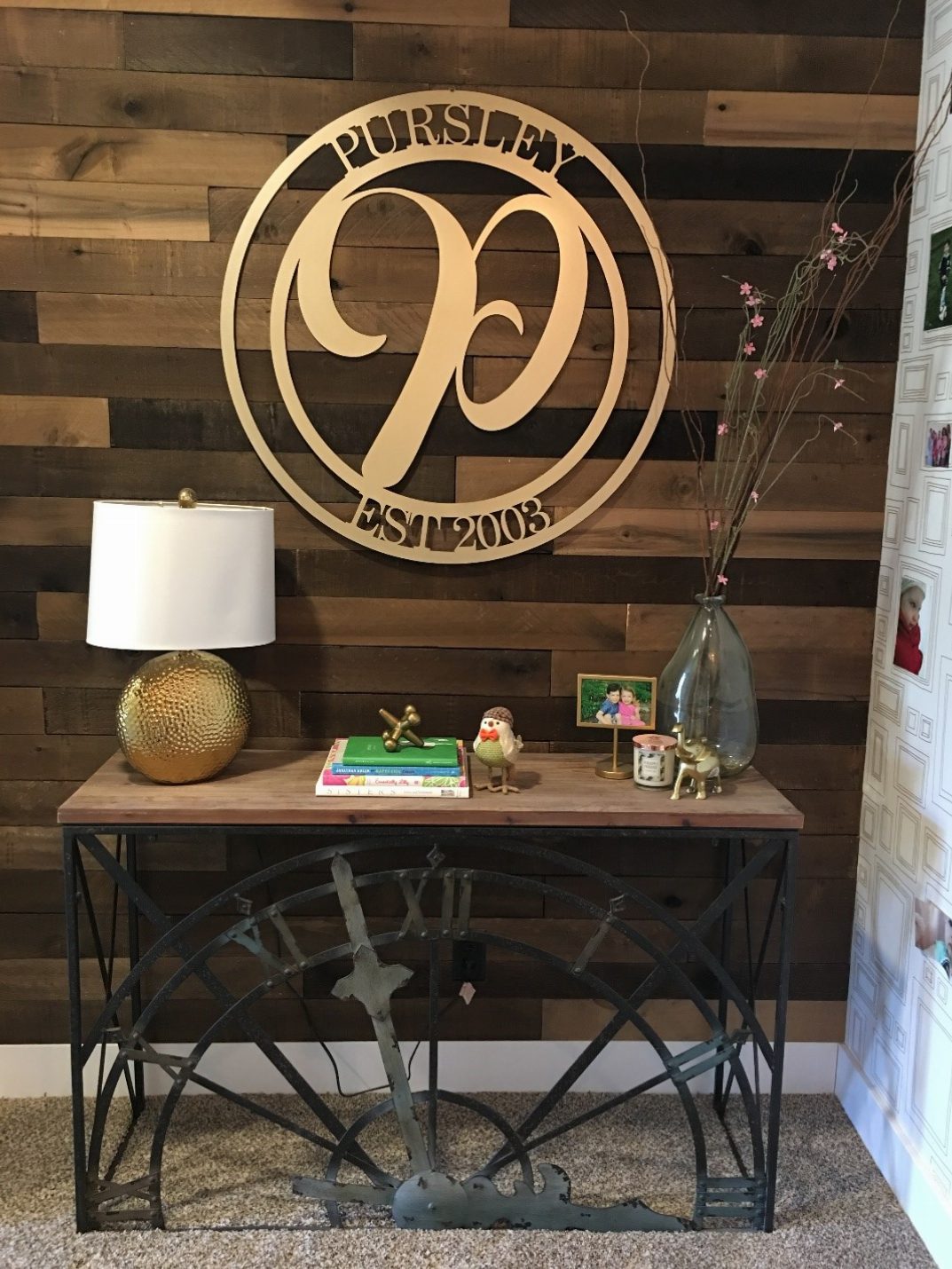
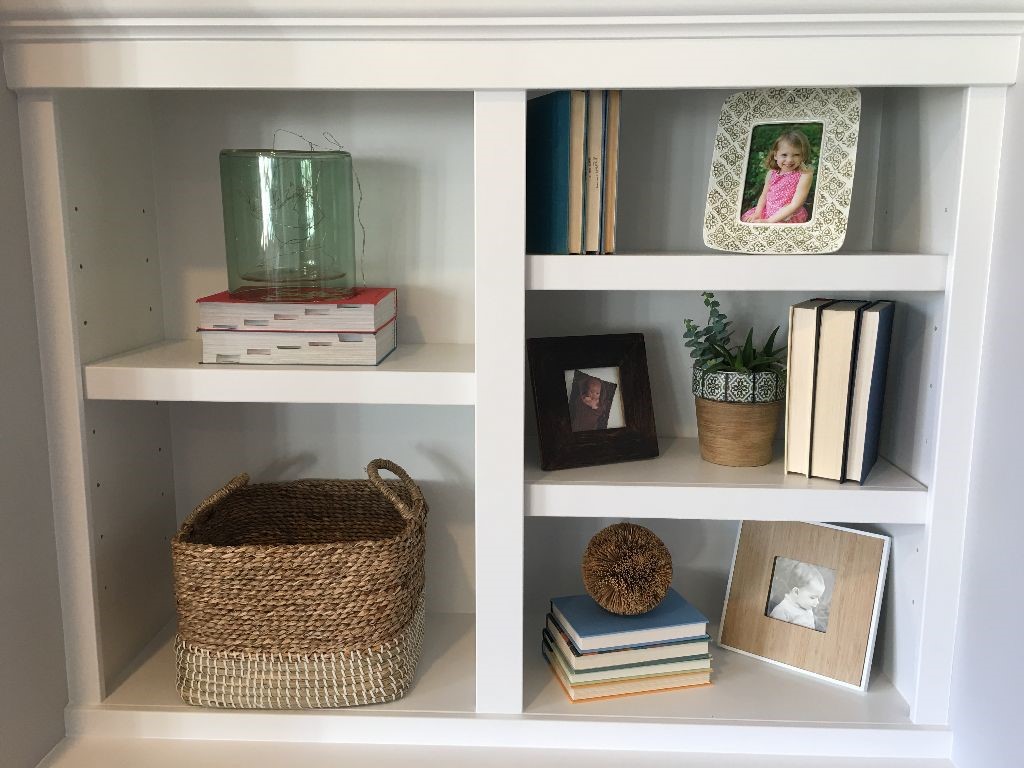
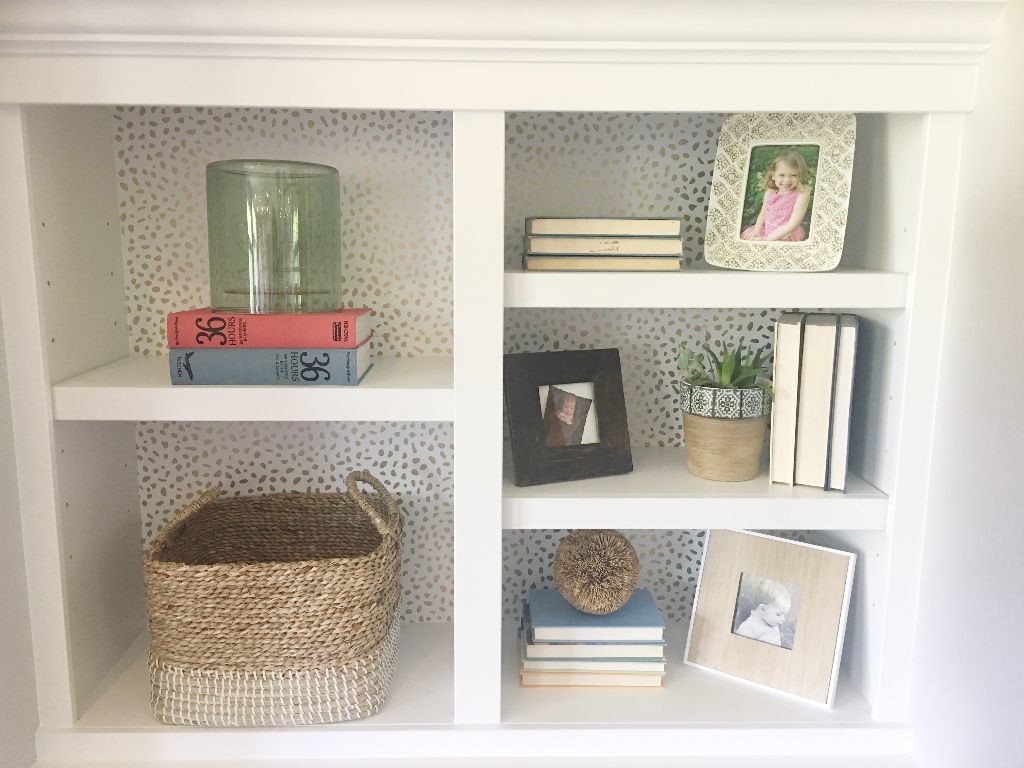


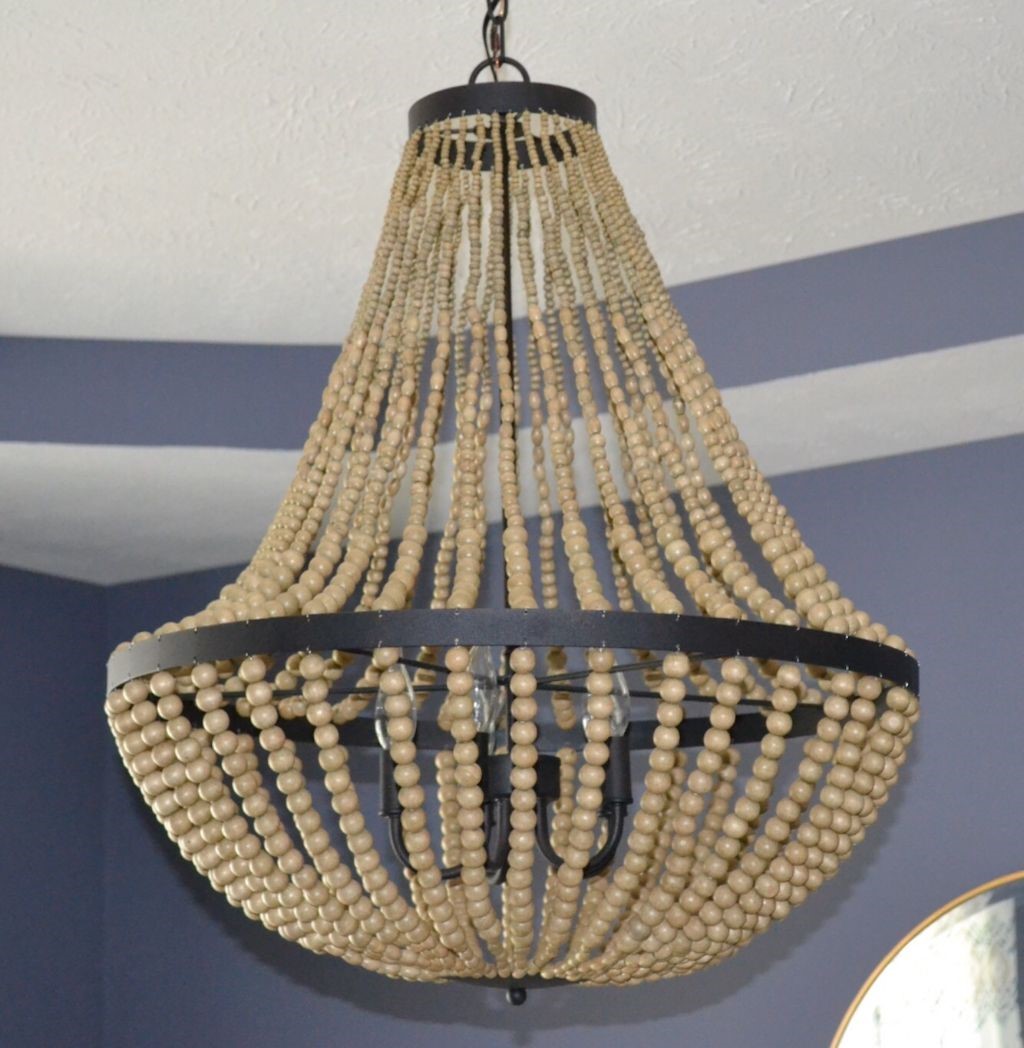
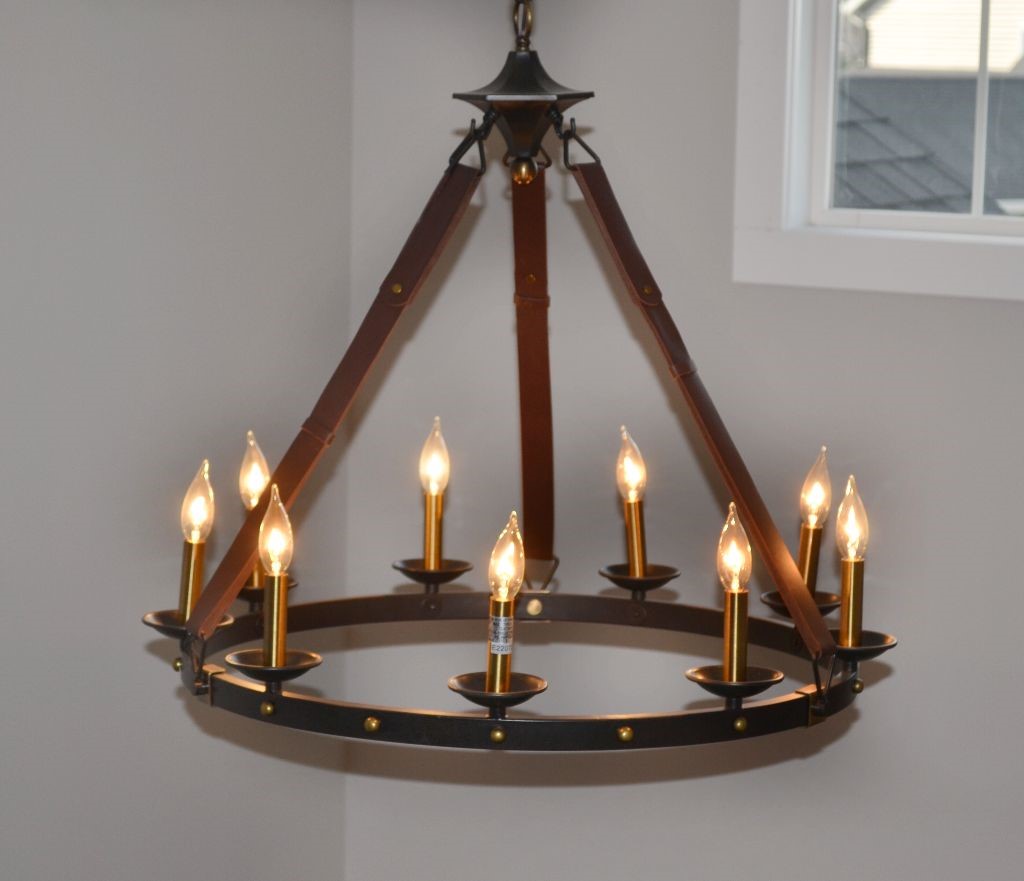
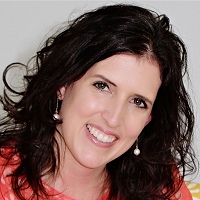 Laura is a home decor blogger, marketing professional, mother of 2, living in Michigan. Laura has a passion for design that she uses to transform her home into a comfortable, livable, beautiful space for her family. Her design motto is that you don’t have to be a designer to have good design in your home. She believes that everyone deserves to be in a space that they love, whatever that means to you.
Laura is a home decor blogger, marketing professional, mother of 2, living in Michigan. Laura has a passion for design that she uses to transform her home into a comfortable, livable, beautiful space for her family. Her design motto is that you don’t have to be a designer to have good design in your home. She believes that everyone deserves to be in a space that they love, whatever that means to you.
 Jeanette McGurk is a Graphic Designer who entered the world of writing through advertising. She discovered writing a lot of truth with a little fluff is a lot more fun than the other way round. Now that she is no longer spending time making air conditioners, tile floors, IT and Botox sound sexy, she writes about the unglamorous yet wonderful moments of life for people like herself; in other words, anyone looking for interesting ways to put off cleaning and doing laundry.
Jeanette McGurk is a Graphic Designer who entered the world of writing through advertising. She discovered writing a lot of truth with a little fluff is a lot more fun than the other way round. Now that she is no longer spending time making air conditioners, tile floors, IT and Botox sound sexy, she writes about the unglamorous yet wonderful moments of life for people like herself; in other words, anyone looking for interesting ways to put off cleaning and doing laundry.